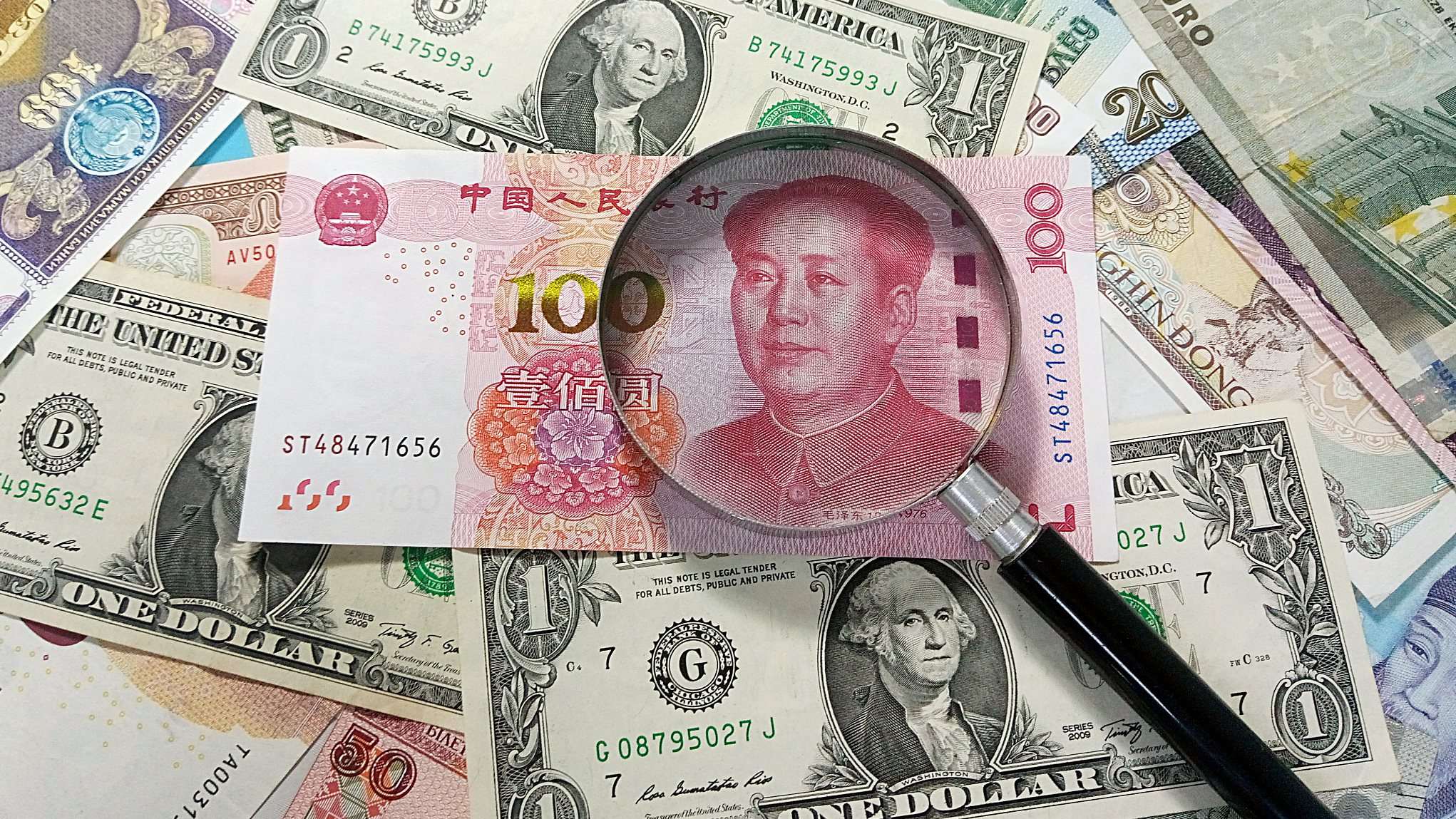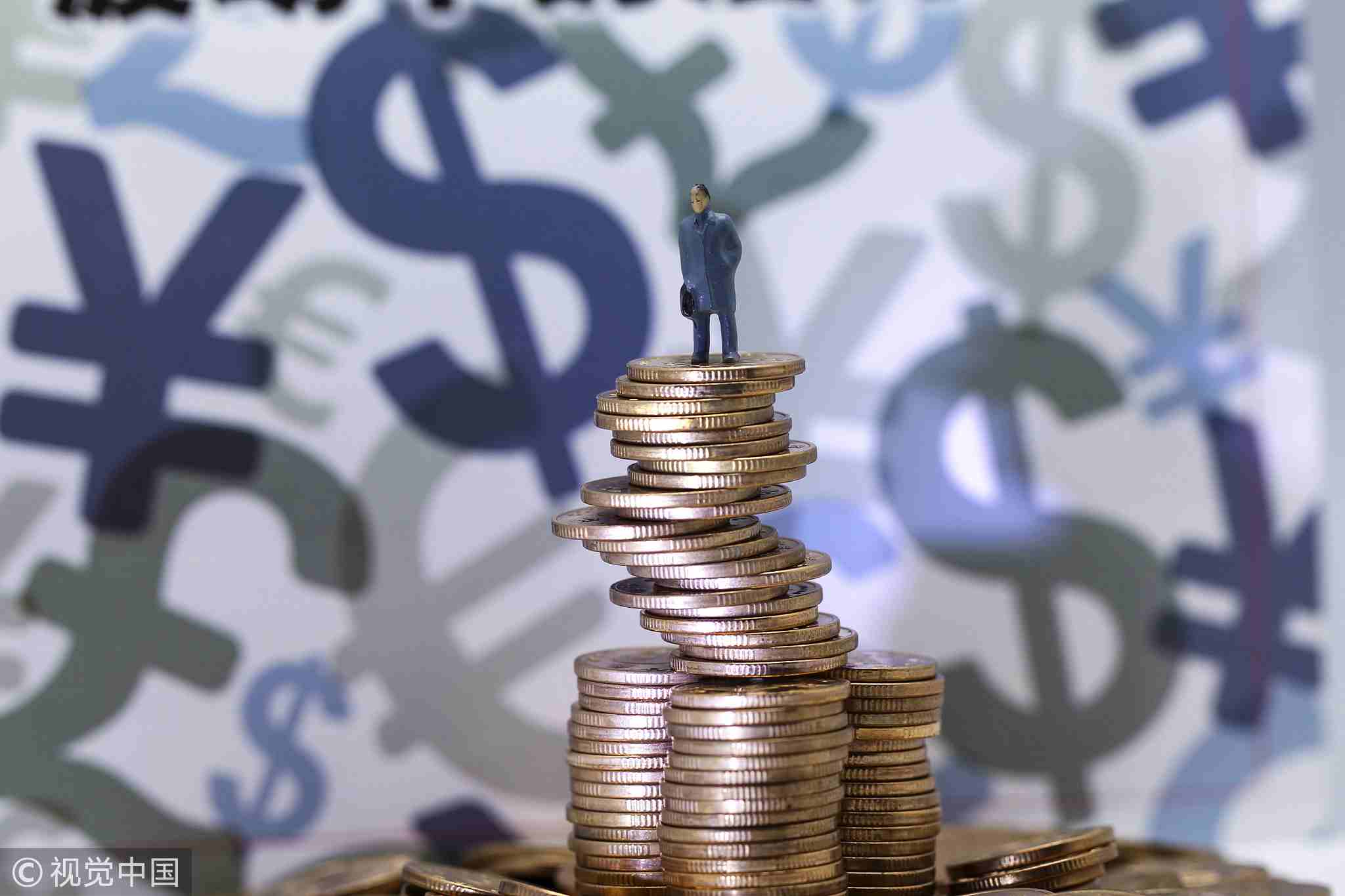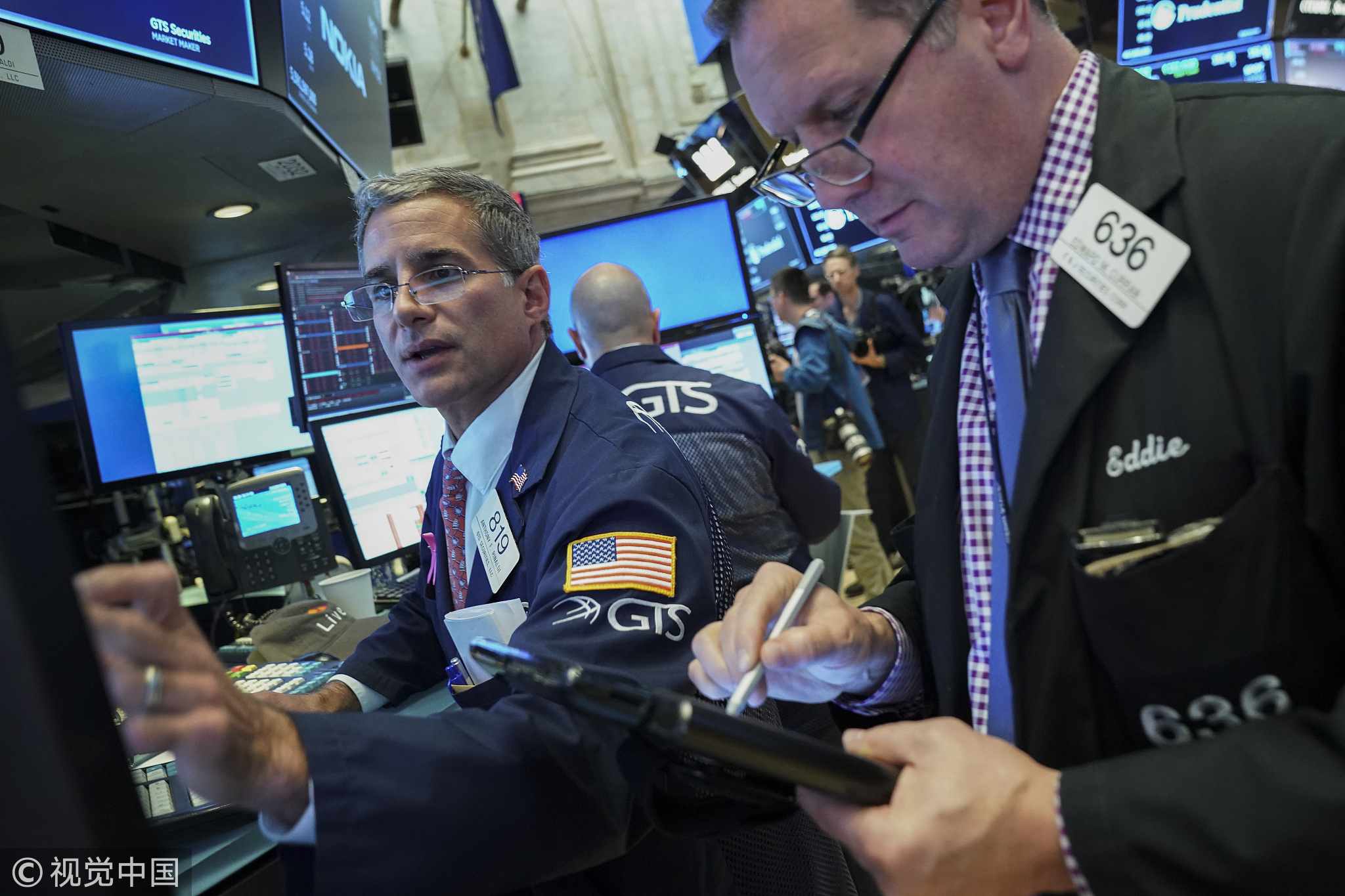
Opinions
12:13, 19-Oct-2018
Opinion: Naming China a currency manipulator not an option
Updated
11:16, 22-Oct-2018
Ken Moak

Editor's note: Ken Moak taught economic theory, public policy and globalization at the university level for 33 years. He co-authored a book titled "China's Economic Rise and Its Global Impact" in 2015. The article reflects the author's opinion, and not necessarily the views of CGTN.
US Treasury Secretary Steven Mnuchin not naming China a currency manipulator was his only choice and might avert further damages to the US, Chinese, and world economies. Had he bowed to President Donald Trump's pressure, there would likely be a currency war, adding to the damages caused by the trade war.
What is currency manipulation?
Currency manipulation is a "beggar-thy-neighbor" or mercantilist policy in which a country deliberately devalues its currency to gain an export advantage. It was these self-serving policies that wrecked the world trade and financial systems in the late 19th and early 20th Centuries, culminating in the 1944 Bretton Woods Conference in which allied powers led by the US and UK took steps to prevent nations from carrying out currency manipulation again.
Today, the definition of currency manipulation (CM) varies from one jurisdiction to another. But neither the International Monetary Fund (IMF) nor World Trade Organization (WTO) has a clear definition. The IMF mostly is concerned with exchange rate issues, stating that a country is a currency manipulator if it deliberately devalues its currency to gain an export advantage. The WTO rules that if devaluation is used to subsidize exports, then it is currency manipulation. However, neither is easy to prove nor enforceable.
The US Congress passed the Trade Facilitation and Trade Enforcement Act in 2015, requiring the Treasury Department to investigate a country's currency practices based on three criteria: a US deficit exceeding 20 billion US dollars; the deficit exceeds three percent of GDP; and frequent intervention in currency markets. Based on these criteria, China only met one, the size of the deficit which the US claims to exceed 375 billion US dollars.
However, no country or organization other than America applies the size of the deficit as a criterion in naming a trade partner a currency manipulator because there are many reasons why deficits or surpluses occur. For example, US trade deficits are largely caused by American paranoid policies and questionable accounting, overstating the size.

VCG Photo
VCG Photo
The US deficit with China does not include trade in services (in which the US enjoys a hefty surplus) or make allowances for re-export values. For example, US Customs records the value of Apple's iPad at its total production costs of around 174 US dollars or higher, but China's share is only 11 US dollars. Not selling pricey technology goods to China over "national security" concerns undermines export opportunities.
China is not a currency manipulator
China is not a currency manipulator, in that the yuan has appreciated against the greenback by over 25 percent since 2005 with this year's September figure at over 34 billion US dollars, the highest monthly figure ever. The US deficit with China is more due to "intra-company trade" rather than international trade because the majority of Chinese "imports" are produced by US businesses in China then shipped to the US and elsewhere.
China, in fact, has not manipulated the yuan and the IMF declares it "fairly valued." Some even argued that the yuan might be "over-valued" had China not taken steps to lift it up. In fact, the US has not labeled China a currency manipulator since 1994.
Implications of naming China a currency manipulator
Naming China a currency manipulator would incur many risks: causing a currency war; the greenback could appreciate; US trade deficit might worsen; disturb the global financial and trade systems; undermine global economic growth, just to name a few.
A currency war is highly probable because China would likely respond in kind. Should that materialize, a global financial chaos cannot be ruled out. That, in turn, could appreciate the greenback because investors will park their money in safe currencies. There is no safer haven than the US dollar because it is the world's major reserve currency.
An appreciation of the greenback would decrease US exports and increase imports which could culminate in higher trade deficits and a further erosion of economic growth. Indeed, signs pointing to slower growth are emerging. The stock market, an indicator of economic performance, was in a free fall between October 10 and 11, losing over five percent of its values attributing to a host of factors: inflation pressure for tariffs and economic growth; high tech sellouts, etc. According to the US Department of Commerce, consumption rose at 0.1 percent in September. The US Bureau of Statistics and Federal Reserve showed domestic and foreign investments are weakening, sinking into negative territory in the second quarter.

Traders and financial professionals work ahead of the closing bell on the floor of the New York Stock Exchange (NYSE), October 11, 2018. /VCG Photo
Traders and financial professionals work ahead of the closing bell on the floor of the New York Stock Exchange (NYSE), October 11, 2018. /VCG Photo
A full-blown currency or trade war could reduce US GDP by as much as two percentage points in 2019 in light of diminishing consumer and investor confidence and rising public debt. The higher "taxes" have raised inflation by over two percent, according to the US Federal Reserve. The inflationary pressure prompted it to raise interest rates which in turn could reduce consumption and investment further. Moreover, Trump's huge 1.5 trillion-dollar tax cuts have raised the national debt to an "economic crippling level," limiting or reducing fiscal effectiveness.
A comment
Trump's pressuring Mnuchin to name China a currency manipulator was both reckless and irresponsible, sacrificing the interests of his supporters, the US, China, and the world.
Indeed, the biggest losers of Trump's trade war might be his supporters. According to a recent US online news portal, salon.com, over 75 billion US dollars of American products produced in the "Farm Belt" and "Rust Belt" are subject to China's retaliatory tariffs, causing farmers to lose the lucrative Chinese market that took decades to cultivate.
Businesses and consumers, too, are feeling the "pain" inflicted by Trump's tariffs. Ford is expected to lose one billion US dollars in profits from the steel and aluminum duties. Consumers are paying higher prices for products, forcing the US Federal Reserve to raise interest rates which in turn would further stifle consumption and investment.
The Chinese economy is also being "hit", as evidenced by falling stock market prices and the slowdown in factories producing goods for the US market.
Because of the US-inspired global supply chain, the trade war has an adverse effect on the global economy. For example, South Korea and other economies are becoming nervous.
One can only imagine what would happen to the global economy had the US named China a currency manipulator.
(If you want to contribute and have specific expertise, please contact us at opinions@cgtn.com.)

SITEMAP
Copyright © 2018 CGTN. Beijing ICP prepared NO.16065310-3
Copyright © 2018 CGTN. Beijing ICP prepared NO.16065310-3